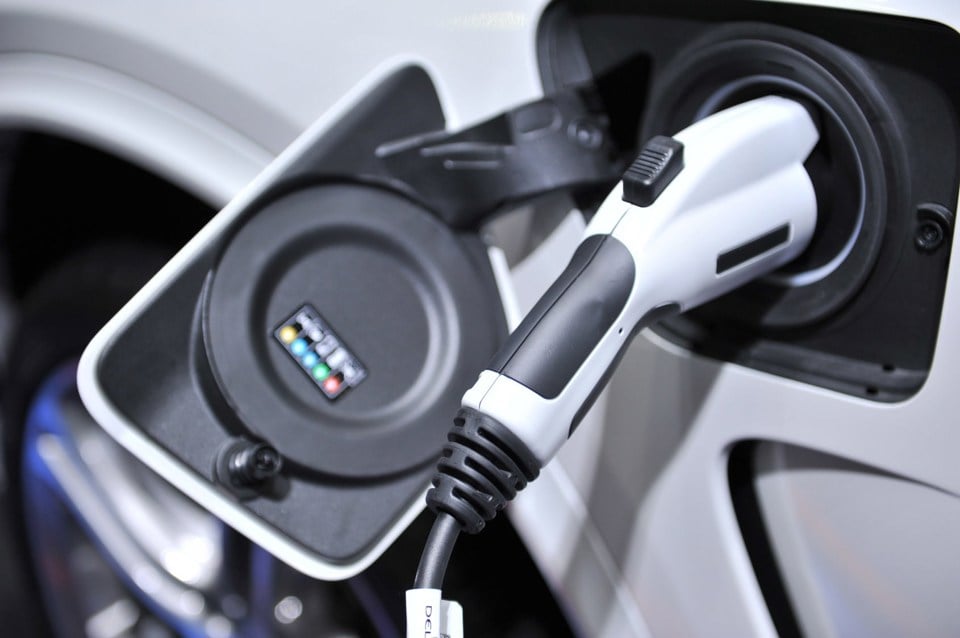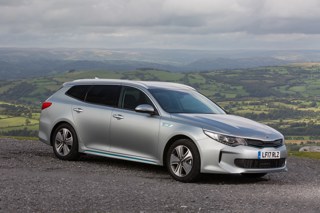Peter Eldridge, director of the ICFM, highlighted Government policy changes that would help fleets increase their uptake of low-emission vehicles.
Speaking at the Go Ultra Low Fleet Summit in London on January 10, and he said electric vehicles were a conundrum and outlined a roadmap that the Government could take on board.
To overcome fleet decision-maker resistance to widespread plug-in vehicle acceptance, Eldridge said the government could assist by:
- Outlining a clear long-term policy for all fuel types so businesses could plan their strategies against a background of stability
- Provide electric vehicle driver taxation and other incentives similar to those available in Norway
- Recognise that fleet operators required support to make confident vehicle power train choices and implement environmental policy change.
Eldridge also highlighted the “bizarre” company car benefit-in-kind (BIK) tax regime that sees drivers selecting a zero emission car in 2017/18 paying 9% tax, rising to 13% in 2018/19 and 16% in 2019/20 - increases of 44% and 23% respectively - before reducing to 2% in 2020/21, an 87.5% cut.
He said: “Fleet drivers will make improved environmental vehicle choices if the benefit-in-kind tax regime is beneficial; electric vehicle recharging is straightforward at all points in their business and personal travel; and electric vehicle choices are not viewed as ‘below status’ due to prohibitive capital and lease costs.”
Alternatively fuelled cars registered in the UK in 2017 accounted for 4.7% of the new car market, according to Society of Motor Manufacturer and Traders’ (SMMT) data.
Eldridge concluded: “Fleet operators are not averse to change, but they will not expose themselves or their businesses to risks. Plug-in vehicles must be attractive to mainstream fleet operations in terms of technology and cost and currently there remains too many unknowns across a sector that remains embryonic in terms of sales.”
Read the full story in the next edition of Fleet News on January 25.



















Login to comment
Comments
No comments have been made yet.